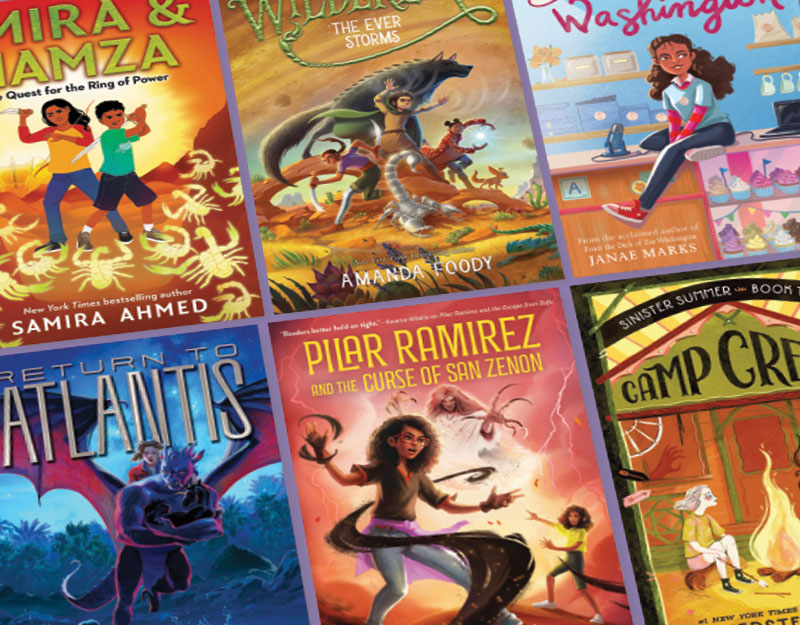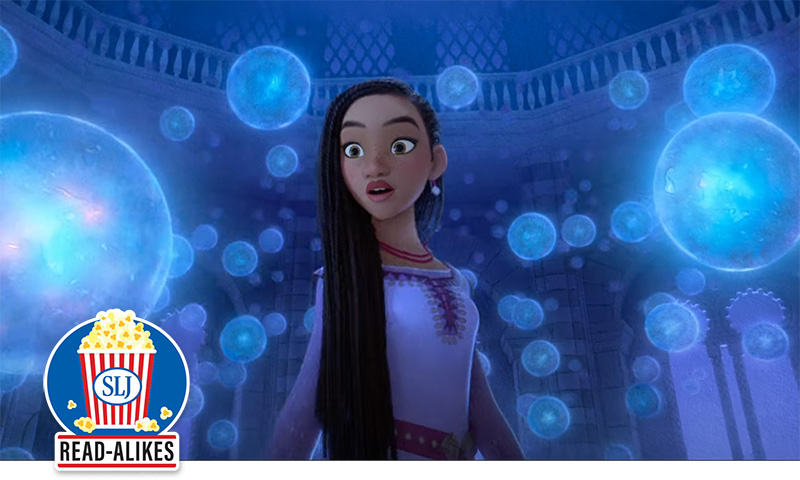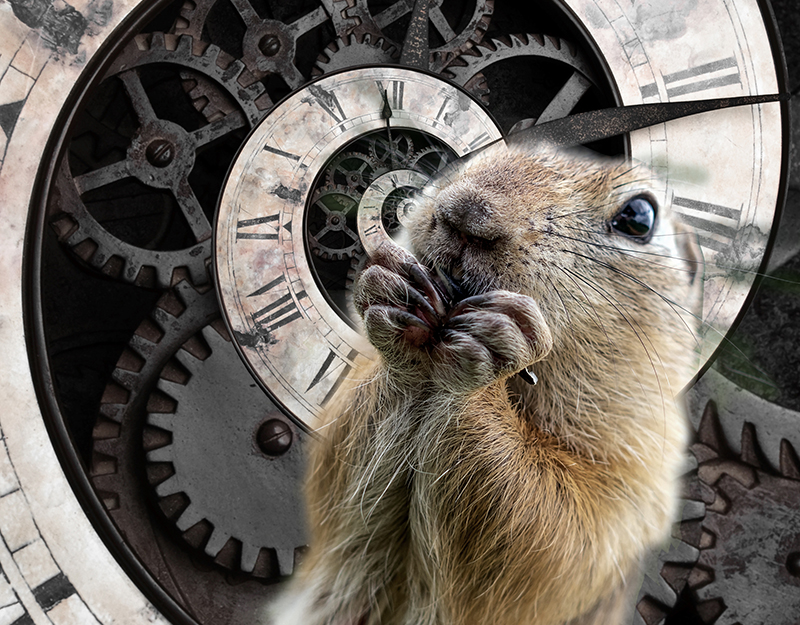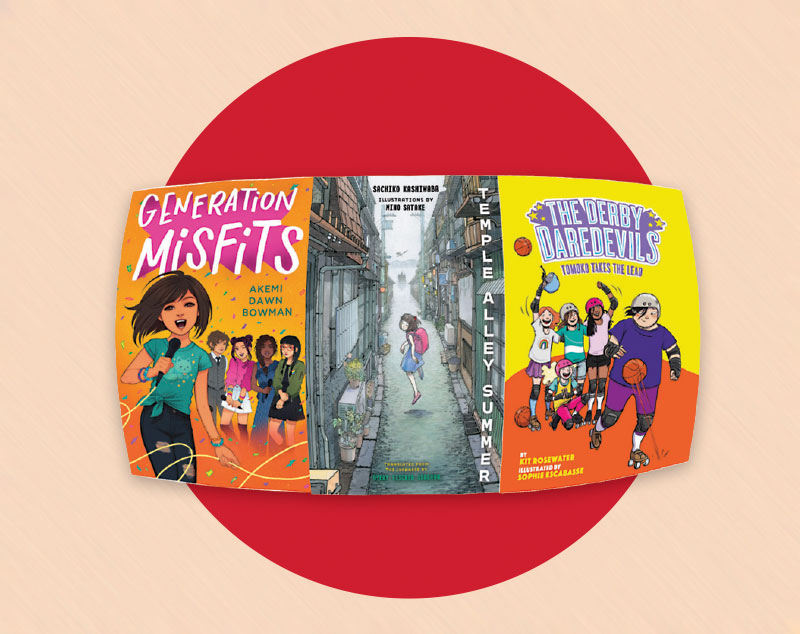#SJYALit: Time For Confrontation: Moving Forward in the Diversity Conversation, a guest post by S. K. Ali
 The first time I saw myself, I got scared. I was twelve and I’d brought my plate of lentils and rice into the living room in order to sit beside my dad as he watched the news. And there she was: a girl like me. On television.
The first time I saw myself, I got scared. I was twelve and I’d brought my plate of lentils and rice into the living room in order to sit beside my dad as he watched the news. And there she was: a girl like me. On television.
The girl had on a blue hijab exactly like the one I wore to school. But this girl wasn’t going to school. She was getting bombed — by “our” side.
ADVERTISEMENT
ADVERTISEMENT
I remember the scene vividly; remember how my chewing slowed and how my father shook his head and how I felt a profound sense of disruption, of dissonance.
I mean I’d never seen people who looked like me on TV before. And this first time wasn’t fun TV like my favorite show, The Facts of Life.
This was my earliest memory — a searing one — of seeing myself represented, or rather, myself presented to me. I wish I could say that things got better but of course they didn’t. Due to the subsequent Gulf Wars and the North American media coverage of them, as well as books and films set abroad featuring the Sad Plight of Muslim Girls, I only saw Muslim women who were either to be hated or pitied.
Growing up, looking in the mirror meant seeing the negativity surrounding my Muslim identity reflected back, almost web-like over my real self.
Viewing yourself as others have misconstrued you either silences you or enrages you. Both these outcomes are detrimental — at the individual as well as societal level.
And here, I pause to present my privilege. I hope when you’re reading it, you think of those without this privilege and the depth of internalized pain carried around as a result.
When I think of the girl sitting beside her father, eating lentils and rice, watching the news, I also see the bookshelves lining the walls behind her.
I was fortunate to live in a home housing knowledge that challenged this negative view of myself — my father’s library had hundreds of books on Islam and Muslims that told another story — and so I was able to see through the web disfiguring me.
Yet still, the knowledge of self that I gleaned from my family, our home library, the mosque, and Muslim events stayed on a parallel course, a far one, from the “knowledge” about Muslims served daily on the news and at school by teachers who talked about “them” while one of “them” was sitting right there in her hijab.
The two streams of knowledge never met because to merge them would mean confrontation and I hated confrontation.
But then one more frustrating, negative news story about people like me led me to a decision at seventeen: I would tear at the web strands that disguised who I truly was. If it meant challenging things publicly – in classrooms, on the streets, writing to newspapers, so be it. If it meant confrontation, so be it.
Much of my University years were spent fighting Islamophobia, including undertaking a yearlong research paper surveying the depiction of Muslim women in popular culture.
This thesis, written over twenty years ago, documented the negativity surrounding Muslim identity, in particular female Muslim identity. It pains me to say that so very little has changed.
With one exciting exception.
The exception is a result of an intersection of sorts, a confrontational intersection.
The point at which real, dynamic change occurs. Where real stories, real characters, real art emerges.
The intersection happens when the authentic knowledge we hold about ourselves as we truly are, as members of marginalized communities, confronts the knowledge about us that has been in circulation for years, or, in many cases, centuries.
ADVERTISEMENT
ADVERTISEMENT
To have these streams of knowledge run parallel to each other, never meeting, has proven to be dangerous. The increase in hate crimes and policies affecting certain communities disproportionally provides that proof.
Old, untrue narratives hurt, internally and externally. They’re also same-old, same-old boring.
But now, we’re seeing an increase in stories arising that challenge the old. The exciting exception.
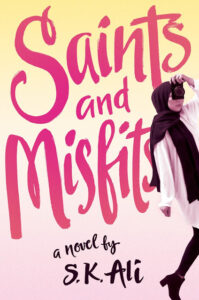 Over the past few years, the invaluable work of diversity advocates like WNDB brought the important task of changing the publishing landscape to the fore. The #ownvoices movement sharpened the focus and asked us to consider the important question: who gets to tell “diverse” stories?
Over the past few years, the invaluable work of diversity advocates like WNDB brought the important task of changing the publishing landscape to the fore. The #ownvoices movement sharpened the focus and asked us to consider the important question: who gets to tell “diverse” stories?
Earlier this year, #MuslimShelfSpace asked readers to reflect on whether they were making space for Muslim-authored content in the face of increased Islamophobia.
Who gets to tell stories featuring Muslims? I say it’s the children who grew up — who are growing up still — unable to see themselves clearly when they look in the mirror.
They’re the ones with the stories you’ve probably never heard. They’re the ones who’ll confront the same-old.
They’re the ones with Art to share.
Meet S.K. Ali
 S.K. Ali is the author of Saints and Misfits. She has written on Muslim culture and life for various media.
S.K. Ali is the author of Saints and Misfits. She has written on Muslim culture and life for various media.
About SAINTS AND MISFITS by S.K. Ali
Saints and Misfits is an unforgettable debut novel that feels like a modern day My So-Called Life…starring a Muslim teen.
There are three kinds of people in my world:
1. Saints, those special people moving the world forward. Sometimes you glaze over them. Or, at least, I do. They’re in your face so much, you can’t see them, like how you can’t see your nose.
2. Misfits, people who don’t belong. Like me—the way I don’t fit into Dad’s brand-new family or in the leftover one composed of Mom and my older brother, Mama’s-Boy-Muhammad.
Also, there’s Jeremy and me. Misfits. Because although, alliteratively speaking, Janna and Jeremy sound good together, we don’t go together. Same planet, different worlds.
But sometimes worlds collide and beautiful things happen, right?
3. Monsters. Well, monsters wearing saint masks, like in Flannery O’Connor’s stories.
Like the monster at my mosque.
People think he’s holy, untouchable, but nobody has seen under the mask.
Except me.
Filed under: #SJYALit
About Amanda MacGregor
Amanda MacGregor works in an elementary library, loves dogs, and can be found on BlueSky at @amandamacgregor.bsky.social.
ADVERTISEMENT
ADVERTISEMENT
SLJ Blog Network
Now on The Yarn: Jing Jing Tsong
The Vanishing Kingdom: Author Jonathan Auxier and Editor Courtney Code in Conversation
Betty and Veronica Jumbo Comics Digest #334 | Preview
When Book Bans are a Form of Discrimination, What is the Path to Justice?
ADVERTISEMENT



